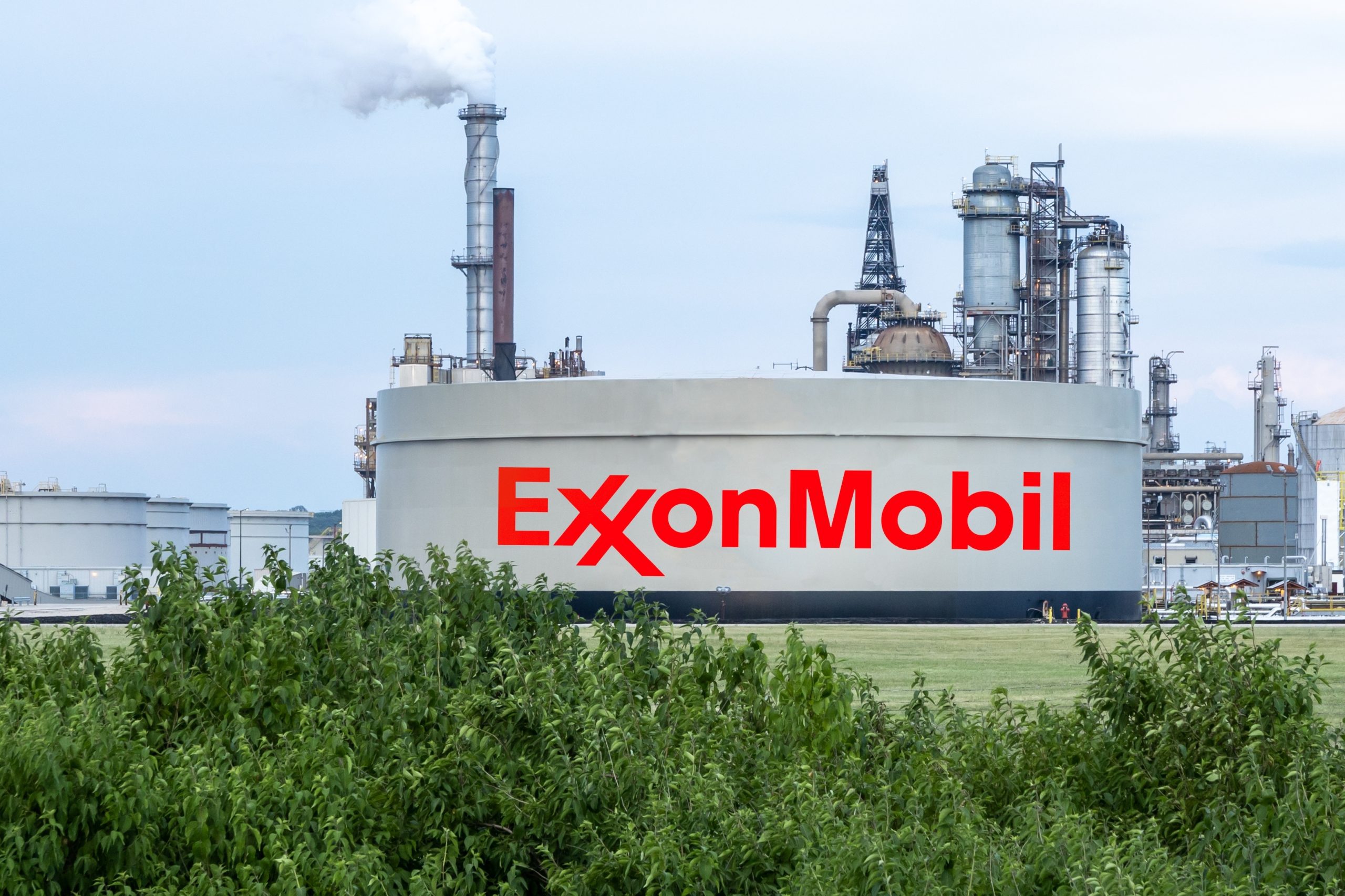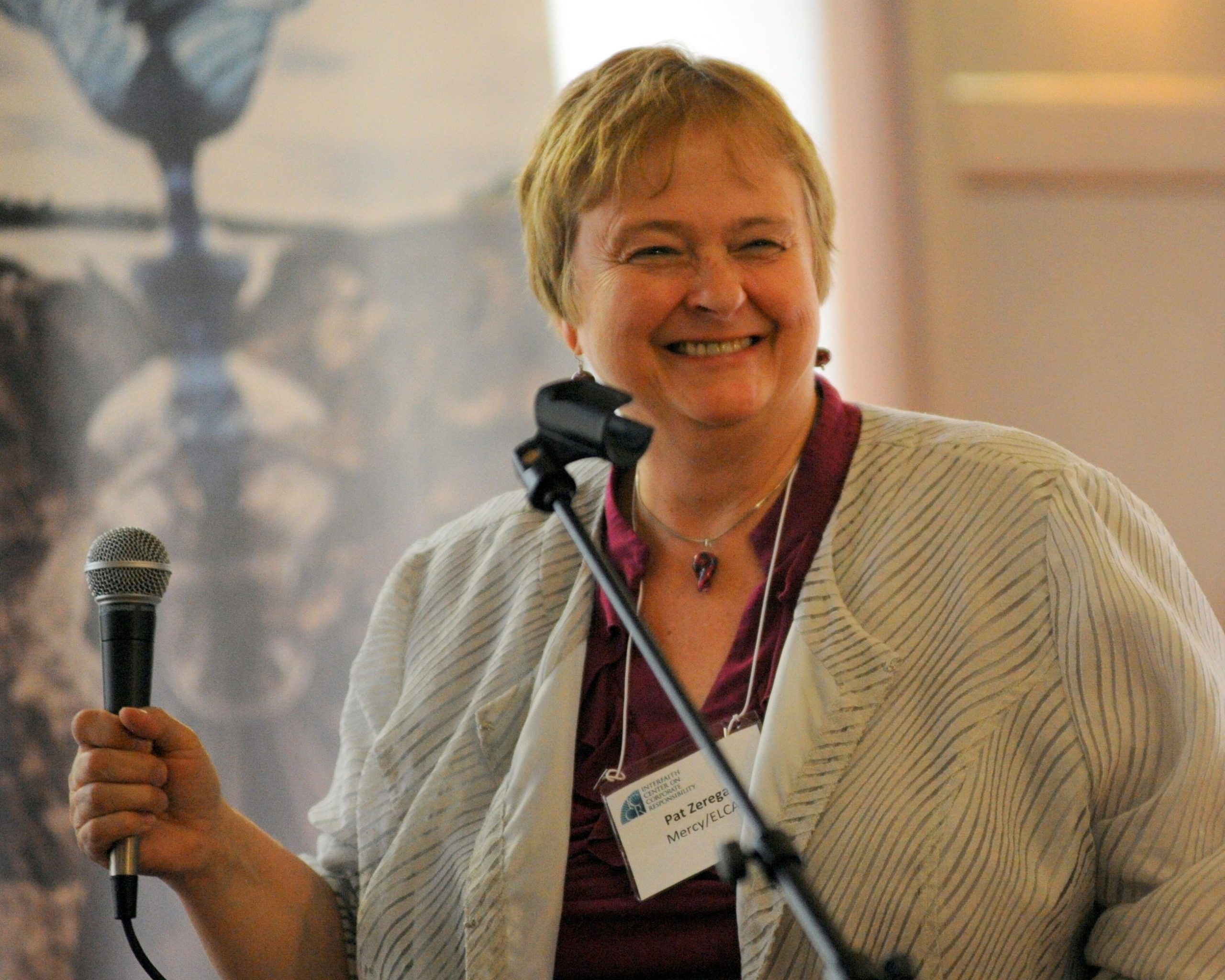In Slate of Nine Proposals for 2022 Proxies Shareholders Seek to Move Top Banks to Cut Emissions/Fund Climate Solutions
To highlight the critical role of bank lending in the climate crisis, a group of institutional investors coordinated by the Interfaith Center on Corporate Responsibility (ICCR) announced they have filed a slate of nine proposals at top U.S. banks for their 2022 proxies calling for greater accountability in climate lending.
The pivotal role of capital flowing through the financial services sector in reining in GHG emissions and facilitating the rapid transition to clean energy has long been a focus of institutional investors in the ICCR network, as well as regulators, policymakers, and civil society organizations.
ICCR members engaged top banks on their climate lending last year and were successful in getting the banks to act on a variety of climate-related proposals, from setting a policy restricting lending for coal and Arctic drilling, to adopting commitments for net-zero financed emissions by 2050. While gains have been made, to reach net-zero by 2050, the investors caution that banks need to set strong interim targets now.
In 2021, the International Energy Agency (IEA) found that in order to ensure global warming of no higher than 1.5 degrees Celsius by 2100 and net zero emissions by 2050, “there is no need for investment in new fossil fuel supply.” While most of the banks have adopted a net-zero commitment, none has committed to halt financing for all new fossil fuel development as is required by a net-zero commitment.
Citigroup Inc.’s Chief Executive Jane Fraser, speaking at The Wall Street Journal’s CEO Council Summit on Tuesday, conceded that the bank may have to cut off some clients to meet its climate goals. “At the end of the day that will mean there are some choices as to which clients we will be serving and which ones we won’t be,” Ms. Fraser said. “One-size-fits-all won’t work for that.”[i]
The 2022 filings are at the same group of U.S. banks that were engaged in 2021: Bank of America ($BAC), Citigroup ($C), Goldman Sachs ($GS), JPMorgan Chase ($JPM), Morgan Stanley ($MS), and Wells Fargo ($WFC). All the banks received a proposal requesting Financing Consistent with the IEA Net-Zero 1.5o Scenario, and additional proposals were filed at both Bank of America and Citigroup requesting an Audited Report on Impact of IEA Net-Zero Emissions by 2050 Scenario and at JP Morgan Chase requesting a Report on Absolute Emissions Reduction Aligned with the IEA Net-Zero Emissions by 2050 Scenario.
The Financing Consistent with the IEA Net-Zero 1.5 o Scenario resolution asks banks to ensure their financing does not contribute to new fossil fuel supplies as required by the IEA Net-Zero Emissions by 2050 scenario. The Audited Report on Impact of IEA Net-Zero Emissions by 2050 resolution asks for an audited report on whether and how the fulfillment of the IEA Net-Zero Emissions by 2050 Scenario could affect underlying assumptions in financial filings. The Report on Absolute Emissions Reduction Aligned with the IEA Net-Zero Emissions by 2050 scenario resolution asks for a report setting absolute contraction targets for banks’ financed greenhouse gas emissions and addressing the lack of need for new fossil fuel development.
“We are rapidly running out of time to reverse climate change,” said Mary Minette of Mercy Investment Services, which filed the IEA Net-Zero Scenario proposal at JPMorgan Chase “Although JPMorgan Chase has pledged to reach net zero in its financed emissions by mid-century, the bank consistently ranks among the highest sources of funds for fossil fuel companies. The IEA tells us that keeping temperature rise below 1.5 degrees depends on a sharp decline in new exploration and production of coal, oil, and gas; investors are calling on the bank to clearly state that goal for their fossil fuel clients.”
The complete list of 2022 filings with U.S. banks on climate lending and lead proponents can be found here.
Dan Chu, Executive Director of the Sierra Club Foundation which led several of the bank filings said, "Major banks like Citigroup acknowledge their high exposure to climate risk, and yet have not changed their lending policies to mitigate that risk. The IEA is clear that limiting warming to 1.5 degrees Celsius and averting the worst impacts of the climate crisis means stopping the expansion of fossil fuels immediately. If banks fail to adjust their practices accordingly, it will present enormous risks to our communities, our economy, and banks' own profitability."
“As the world’s largest source of finance, bank lending can profoundly impact climate outcomes,” said Jonas Kron of Trillium Asset Management, which is leading the filing seeking a no financing of new fossil fuel supplies policy at Bank of America. “Banks bear enormous responsibility for which projects move forward and which don’t. In short, bank lending has the power to heavily influence our progress addressing climate change. The IEA has made it clear that there is no need for investment in new fossil fuel supply if we are to meet net zero emissions by 2050—we are here to encourage Bank of America to take the steps necessary to meet that goal.”
“Climate change, driven by fossil fuel bank financing, continues to increase global natural disasters, taking lives and destroying thousands of properties and homes, by floods, hurricanes, droughts, and wildfires,” said John Harrington, President of Harrington Investments. “As someone who lost everything, and who along with my wife barely escaped with our lives in the Atlas Wildfire in Napa County, California in October 2017, I know the personal impact of today's climate change literally fueled by bank financing. Climate change is an existential global threat to all stakeholders. I ask shareholders to support our proposals to force these banks to commit to protecting our environment, properties, livelihoods, lives, and the very earth we all inhabit."
About the Interfaith Center on Corporate Responsibility (ICCR)
Celebrating its 50th year, ICCR is the pioneer coalition of shareholder advocates who view the management of their investments as a catalyst for social change. Its 300-member organizations comprise faith communities, socially responsible asset managers, unions, pensions, NGOs, and other socially responsible investors with combined assets of over $4 trillion. ICCR members engage hundreds of corporations annually to foster greater corporate accountability. Visit our website www.iccr.org and follow us on Twitter, LinkedIn , and Facebook.
###








